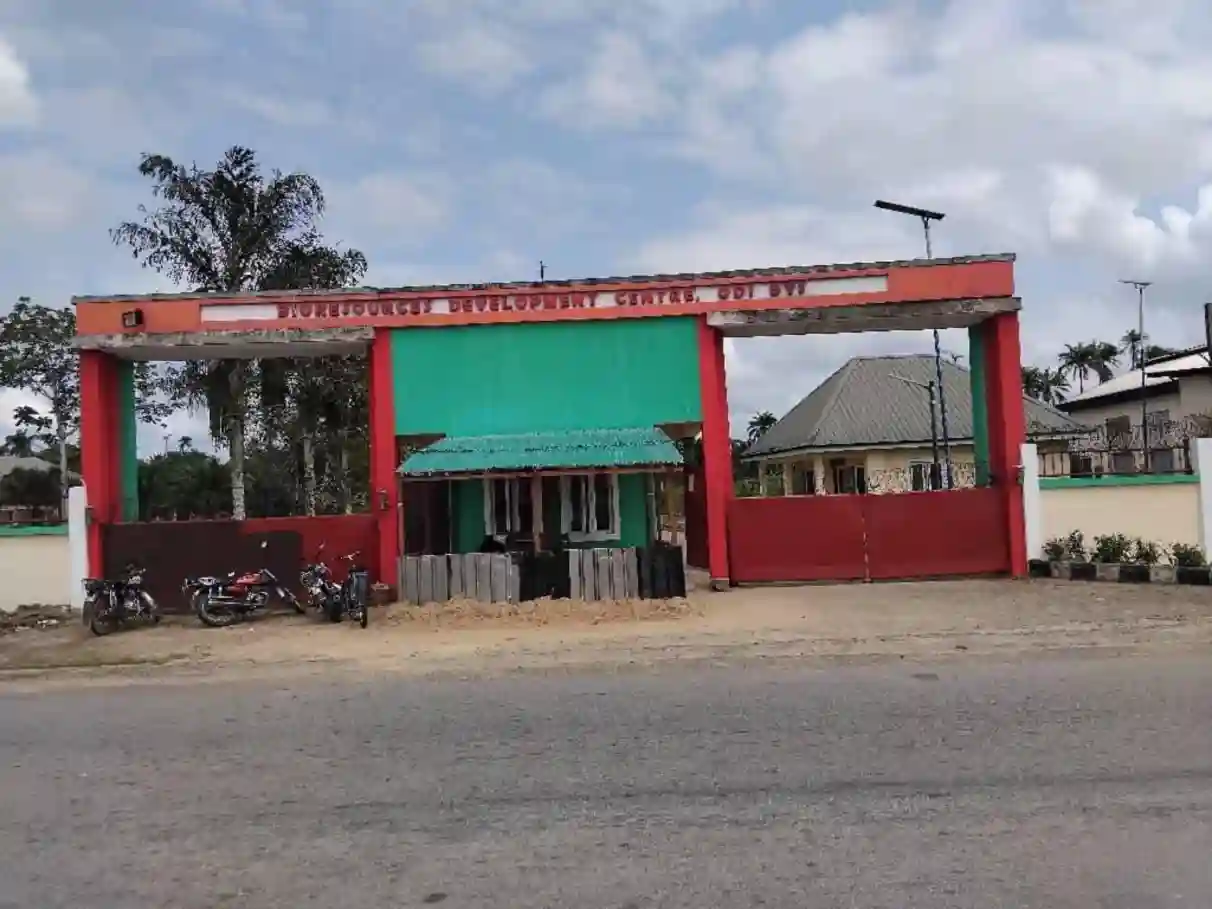The Bioresources Development Centre (BIODEC), Odi, under the National Biotechnology Research and Development Agency (NBRDA), is spearheading innovative bioresource projects designed to boost food security, create jobs, and promote sustainable development in Bayelsa State and neighbouring communities.
Located in Bayelsa State, the Centre is one of the 39 Bioresources Development Centres established nationwide by NBRDA to advance biotechnology research and enterprise development. Under the vision-driven leadership of the Director General, Prof. Abdullahi Mustapha, the Centre is becoming a hub for bioresource innovation, enterprise incubation, and youth empowerment in the Niger Delta.
The Centre’s Coordinator, Dr. Timi Wood, explained that BIODEC Odi has launched a Lowland Rice Project to evaluate the growth and yield performance of improved rice varieties suitable for the Bayelsa environment. According to him, “Lowland rice refers to rice cultivation in fields that are flooded, semi-flooded, or where water accumulates. This initiative focuses on testing high-yielding rice varieties that can thrive in these conditions.”
Dr. Wood said the project includes seed multiplication, demonstration farms, and training for farmers and youths on modern agronomic practices such as land preparation, seed treatment, nutrient management, and pest control. He noted that by linking farmers to local rice milling and processing markets, the initiative will boost local production, create income opportunities, and reduce dependence on imported rice, supporting Nigeria’s food security and self-reliance goals.
To further promote food and industrial cassava production, the Centre has distributed free cassava stems to farmers and entrepreneurs. “This step aims to improve rural livelihoods and drive national agro-industrial growth,” Dr. Wood added.
In addition, BIODEC Odi has provided fingerlings for sale to aquaculture entrepreneurs across Bayelsa and neighbouring states. The Centre has also introduced Black Soldier Fly (BSF) maggot production as a sustainable and protein-rich feed option, reducing feed costs and promoting environmentally friendly aquaculture.
Beyond research, the Centre is nurturing bio-entrepreneurs through its Bio-Entrepreneurship Training Services (BETS), which offers hands-on training in aquaculture, cassava processing, and animal breeding. The programme targets youths, women, and rural entrepreneurs, empowering them to establish profitable, science-based enterprises.

